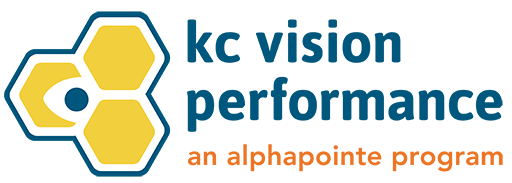Primitive Reflex Integration Class
Our new primitive reflex class is a 15-session curriculum that builds a foundation for vision skills and visual processing. The course includes:
- A screening that identifies whether the child or adult has any of the “big six” primitive reflexes still present.
- A 60 minute, weekly class, conducted by an experienced vision therapist with expertise in primitive reflex integration.
- Homework activities that are specific to the individual’s reflex integration needs. The home exercises are designed to replace retained reflexes with the appropriate voluntary movements.
The class is designed to help improve balance, coordination and vision problems that were produced by the abnormal reflexes. This goal of this class is to create a foundation for vision skills. It is not a replacement for a clinical vision diagnosis and comprehensive vision therapy program.
Download our printable Retained Primitive Reflex screening checklist (PDF).
Because the symptoms of retained primitive reflexes are so similar to the symptoms of a learning-related visual problem, it is critical that we test for them so we can build a foundation for more complex vision skills and visual processing abilities.
In toddlers, the effects will likely show up as difficulties with gross motor skills such as running, jumping and hopping. When a child reaches school age, the effects are much more significant, impacting learning (particularly math and reading skills), coordination, and social skills. These effects are also present in adults, however there are typically masked by means of compensation.
Below is a broad, partial list of possible symptoms observed in a child or adult when a primitive reflex is still present.
- Difficulty reading
- ADD or ADHD
- Problems throwing or catching
- Dominant hand not established
- Difficulty riding a bicycle or swimming
- Vision skills or processing delays
- Memory challenges
- Poor balance
- Difficulty recognizing social cues
- Poor space and time awareness
- Motion sickness
- Fear of heights
- Poor organizational skills
- Number or letter reversal and
- Avoids sports
